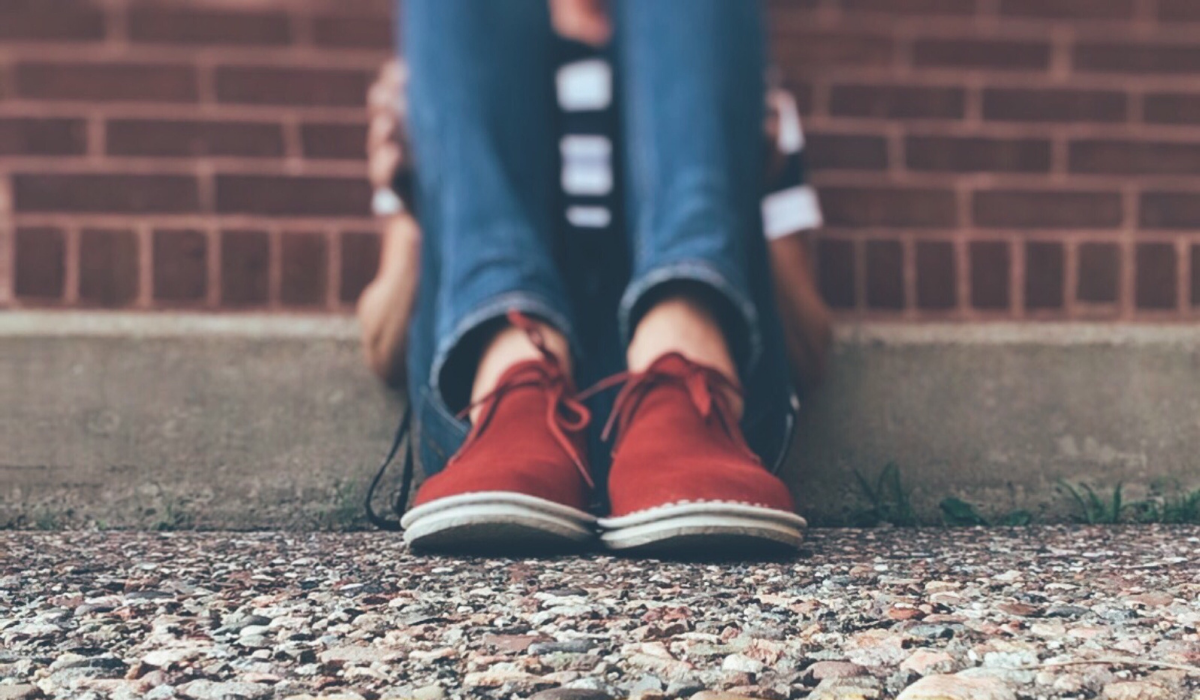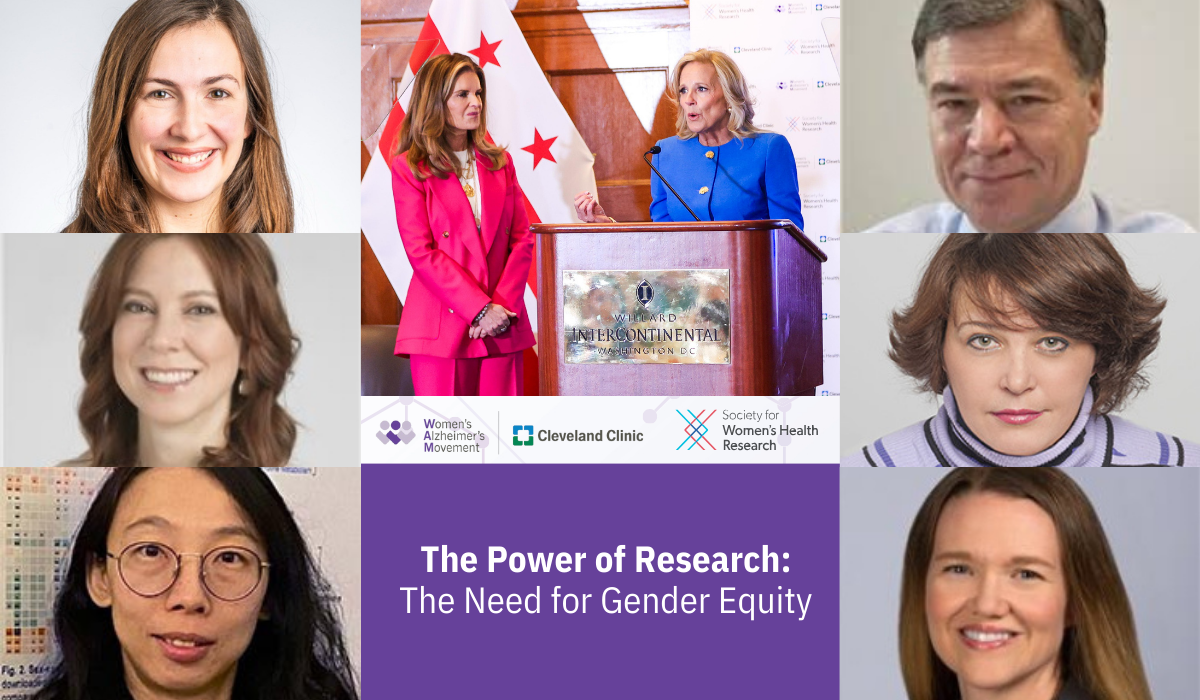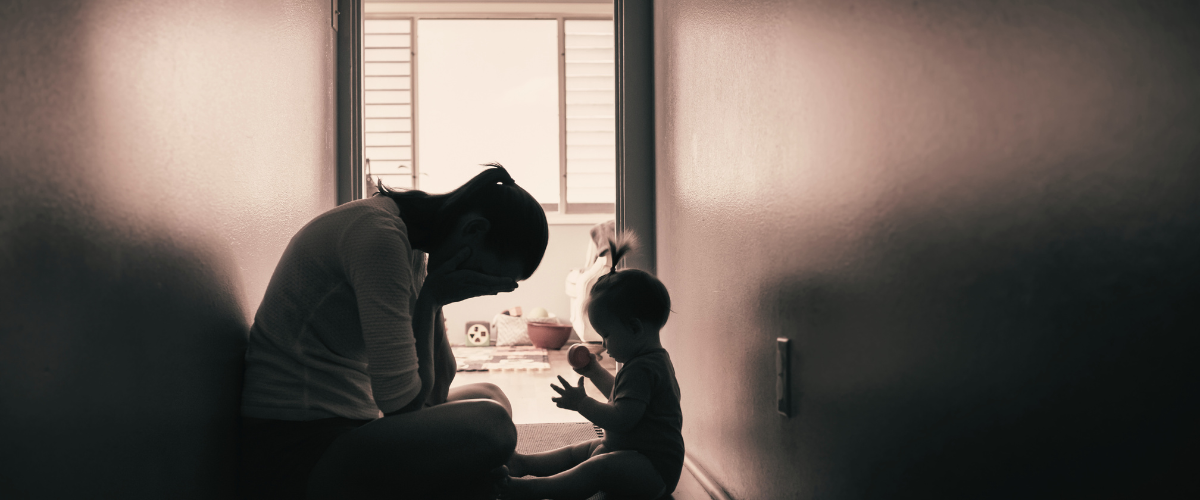“We Need More Empathy”: One 15-year-old Shares His Story of Being Bullied—and His Advice on What We Can Do to Be Kinder to Each Other
Now that it’s happened to me, I realize that most people have this very specific, out-of-date scene that comes to mind when they think of bullying. It often involves words like “nerd” and “jock.” Maybe it happens because of a lunch money confrontation in the cafeteria or on the football field bleachers after a game.
But I learned the hard way that bullying in the social media era can come in the form of TikTok and Snapchat videos meant to intimidate and taunt. In real life, bullying is less milkshakes in the face like the ones that happen on Glee, and more social isolation and a loneliness that have deeply impacted me in recent weeks—a bullying spree that will probably stay with me for the rest of my life.
When you think back to middle school or high school, it may come with a mixed bag of emotions, but chances are you remember plenty of mistakes and missteps. No one goes through adolescence without making a few bonehead choices, and I’m no exception: A few months ago, I cheated on my girlfriend. It was a terrible decision and lapse of judgement that left me regretting every choice I made leading up to it. But what happened in its wake is still hard to believe.
Word got out about what I had done, and I got messages, videos, and taunts thrown at me multiple times a day, in some cases from classmates who I thought were my friends. In one TikTok, I was called a homewrecker, and my picture (which was taken at school without me knowing) was used. Dozens of unrepeatable things were sent to me, and the social torment began.
It quickly became clear that my so-called friends and classmates who weren’t even in my immediate friend circle were not only throwing cruel insults at me, but it also felt as though they were attempting make my life a nightmare. The bullying was relentless. I couldn’t go a couple hours without being blasted by someone.
And here’s the thing: Nobody ever said anything to my face. They were able to hide behind screens, teachers, and each other. I felt scared to go to school. I would eat lunch alone. All this time alone was terrible for me. I would constantly think about what they were saying—so much so that I started to believe it.
I became convinced I deserved the animosity I was receiving for what I did to my ex-girlfriend. Then, a few weeks after all of the bullying started, I climbed a 17-foot ladder to get to the roof of the school, and I considered jumping. I was done with the hate and the pain. I felt like the mistake defined me, and that maybe the only way out was to jump.
Fortunately, I came down, and I was safe. Yet the social media onslaught continued. A couple weeks later, a girl in my class sent me a video of the roof—the same one I almost jumped from—taunting me and reminding me of that dark day all over again.
So, where has all of this left me? And why am I writing this right now?
I think it’s important for people to be reminded that when you’re a teenager, your peers are your world. School can feel all-encompassing. It may be hard to understand, but I’m writing this to offer insight into the fact that when you’re being hurt by your peers, everything about you suddenly feels confusing and painful, and it’s hard to find an escape.
My personal experience on the receiving end of social media targeting has me seeing more clearly than ever that bullying in schools is not only out of hand, but it is not what most people perceive bullying to be. The passive hatred through social media may not seem as bad as a punch in the face, but it is worse. The words and videos break you down and degrade you until you feel like you do not matter. It’s methodical, cruel, and more insidious than most people realize. It’s dangerous to the point of being life-threatening.
Through all this gloom and torment, there was one instance that gave me some hope. After one hatred-filled social media post about me, my friend went to the creator and told him to take the post down. This friend explained my side of everything, and he did take it down.
The fact that my friend stood up for me was a powerful moment that helped me see this issue of social media bullying more clearly: Each of us has the power to see something wrong and say something in an attempt to make it right. Maybe, instead of trying to tackle this big issue of bullying all at once, we can separate the mob mentality and explain to just one person how it feels.
Some people may not be receptive, but I think it is worth an attempt. There may not be a solution for this new age of bullying, but there is you.
You can stand up when you see someone hurting another person.
You can own up to mistakes and use them to make you a better person.
You have the power to make things better, even if it’s just one person, one post, one conversation at a time.




